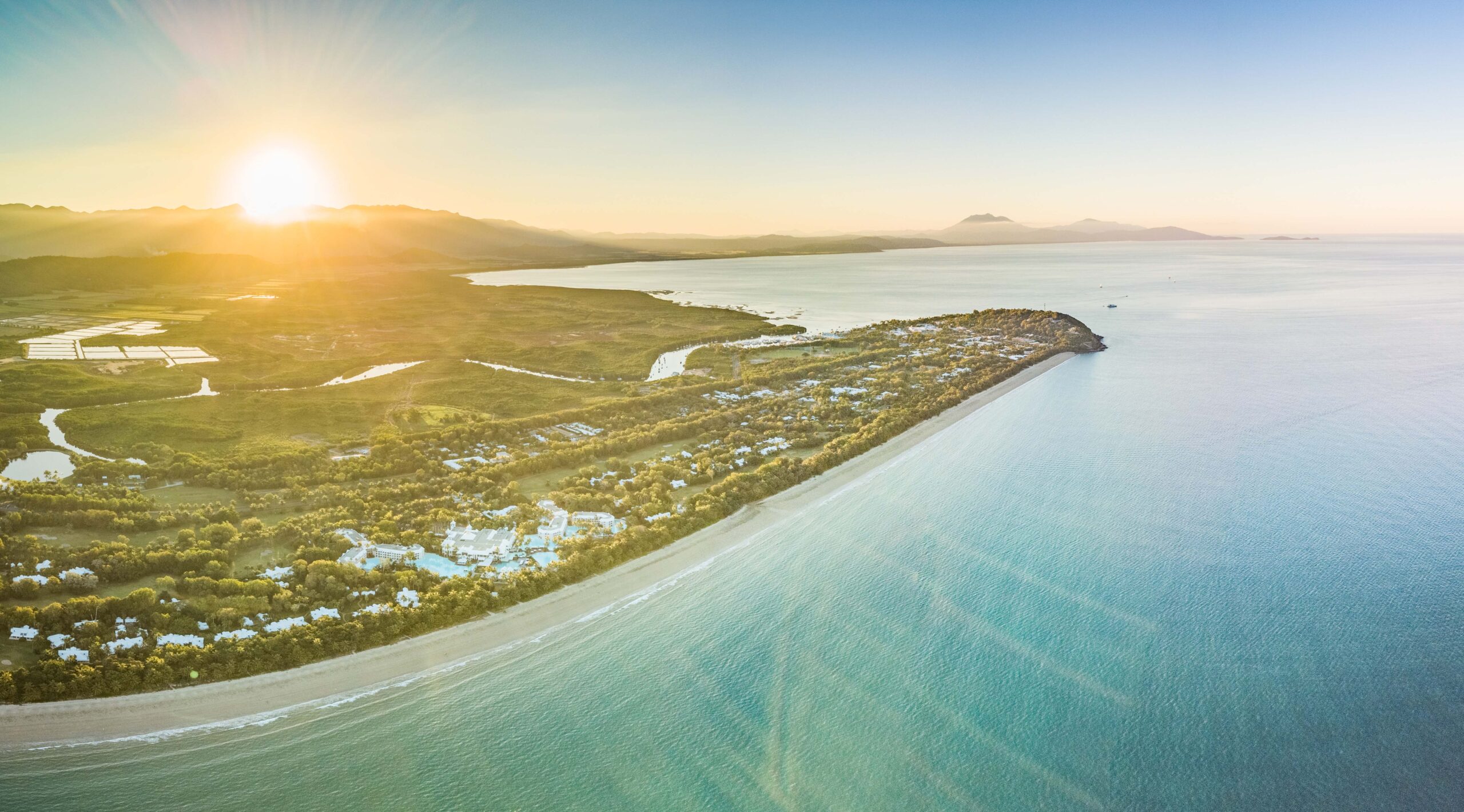From her post in
Grand Rapids, Michigan, Chief Investment Officer Kathleen Vogelsang and the Van
Andel Institute investment team have been world traveling and visiting places
such as Japan and Australia to diversify their $2 billion portfolio. Eighteen
years ago, she started the investment office for Van Andel Institute (VAI),
which was founded by Amway co-founder Jay Van Andel and his wife, Betty. Their estate
enabled the institute to be formed. VAI focuses on breakthrough treatment
strategies for cancer, Parkinson’s, metabolic disorders and other diseases.
Prior to joining VAI, Vogelsang was vice-president and senior portfolio manager
in the Wealth Management Group of Fifth Third Bank. She currently is a member of the Investment Committee for Grand Valley State
University’s Endowment, the Council of Michigan Foundations, Meijer Foundation
and the Frey Foundation.
Vogelsang
received a Bachelor’s Degree of Business in Finance and an MBA from Grand
Valley State University. She holds the Chartered Financial Analyst (CFA)
designation from the CFA Institute.
During this interview with Markets
Group’s Christine Giordano, Vogelsang discusses her views on geopolitics, emerging markets, ESG and
the investment climate among other topics.
Christine Giordano
Being the investment head at a groundbreaking cancer and Parkinson’s research organization, do you invest around that theme at all?
Kathleen Vogelsang
No, we take a more typical endowment approach that is diversified geographically and by industry. So we don’t have a focus on biotech or healthcare.
It’s obviously in the portfolio, but that’s not a focus of ours.
Giordano
When it comes to the investments, how are you looking at them this year, have you made any changes to your allocations?
Vogelsang
We try to do an all-weather type of endowment so that we don’t need to be making a lot of changes in different market cycles. It’s very hard to predict what market cycles are going to do and by the time you try and make those changes, you’re already too late.
So we have a very conservative approach to investing.
We protect the downside.
We may give up a little bit on the upside, but we like the downside protection.
Our endowment does not have any inflows like a university endowment might have, so we try and protect what we have. We do a lot of in-house portfolio management where we can hedge the portfolio and that allows us to adjust our beta accordingly.
We are seeing a lot of volatility in the market so hedging takes a lot of the volatility out of our performance. That helps with budgeting and spending planning.
We don’t like to see the big gyrations up and down.
So the hedging that we do in-house, we can adjust that according to what we’re seeing in the market and take risk on or risk off.
Giordano
In what kind of things are you using to hedge?
Vogelsang
Basically, we’re using ETF and Treasuries. It’s an in-house, market-neutral portfolio.
Giordano
In a lot of investors are confronted by the denominator effect in which private equity valuations have risen so much and perhaps equities, public equities have dropped.
So the allocation looks quite expanded in portfolios. How are you dealing with that?
Vogelsang
So we have had to make some tough choices.
You know, we have a lot of re-ups and then there are new ideas that come to us.
We have an extensive pipeline of ideas, but we just can’t execute on all of them, which is hard to do when there are good opportunities.
Sometimes we have reduced our commitment amounts to some managers that we want to stay in, but we just have to be mindful of how much we can commit in any given year.
Some opportunities we don’t have room for.
So it’s just comes down to making those tough choices of what we can and can’t do.
We’re seeing a slowdown in fundraising, but we’re also seeing a slowdown in distributions because the M&A activity has been so slow in the private markets.
So we have to weigh both of those and pick our top performing managers to stay with and those that maybe aren’t our top performing managers, we might have to say, ‘Maybe next round, but we can’t do this round.’
Giordano
Are there certain sectors that you’ve found most interesting or most valuable to your portfolio that you wouldn’t want to lose allocations to?
Vogelsang
I don’t know if there are sectors, but there are definitely strategies that we like.
In private equity, we like the growth equity middle market buyout space.
We look at geographic exposures. We have a lot of exposure in Europe, especially the equity growth market.
We just came back from looking at opportunities in Australia looking at private equity in Japan. We like to try and find opportunities in markets that maybe are not as correlated to U.S. especially in the private markets.
Giordano
Fascinating trips for those of us who cannot travel as much.
Would you care to share some of the insights that you’ve had from those travels?
Vogelsang
So we start with Europe: the Nordics are very interesting for growth equity and some venture capital.
Their market is not as well-known as US venture and the valuations are a little more reasonable, so there’s a lot of opportunity there.
We also are looking a private investments in Australia.
Again, the market is not as well known, and valuations are more reasonable.
Their story is similar to what’s going on in Japan, where in Japan everybody knows that there’s a demographics issue.
There are a lot of family owned companies where the owners are getting to an age where they want to sell and so there’s a lot of succession planning and carve outs that are of interest. Even though it’s a low growth market, there’s still opportunity there.
I think Japan might be starting to come out of their no growth era.
You’ve seen Warren Buffett talk a lot about Japan lately, so maybe things are starting to change a little bit as some of the corporate governance issues have changed, making it more stakeholder friendly.
And so that’s why we like that opportunity in Japan.
Giordano
Interesting. And when you invest, do you find a manager within the country or outside of the country?
Vogelsang
When we invest in a country, we want boots on the ground.
We like the smaller managers who have boots on the ground. In Japan for instance, there are quite a few private equity managers, actually more than we anticipated when we started this. We thought we’ll be lucky to find one or two, we actually found several that we talked to who are very good managers, institutional quality.
Giordano
How can you be reassured that you get the money back out of a foreign country investment when you need it (just to put it bluntly.) How are you handling that?
Vogelsang
We only invest in countries where there’s rule of law and governance and in democracy.
We’re not investing in China anymore.
We did in the past but we are now worried about getting money out.
We looked at emerging markets several years ago and thought it looked interesting, but again that opportunity has kind of disintegrated.
We looked at Africa, but the geopolitical issues in Africa make it not investable for us anymore with the constant change in regimes. We went to South America and looked for opportunity there. We thought maybe things were getting better in Columbia, Peru, Chile.
But they’re not. It just seems like you get a change in regime and then you can’t really be sure that you’re going to have a government in place where you’re going to get your money out, or even have a chance for decent returns on your investment.
So we’ve kind of given up on some of those markets and are just looking at markets where we feel there is a rule of law and democracy, good governance.
Japan certainly fits that Bill, as Australia does, and the Nordic countries.
We’re pretty confident in those markets.
Giordano
And what is your approach to investing in the rising rate environment currently?
Vogelsang
We haven’t really changed a whole lot, except maybe some short-term fixed income. We’re starting to get paid to hold on short term fixed income and taking advantage of that for short term cash — moving some of the short-term cash into instruments that are now yielding 5%, whereas before you were lucky to get 1% recently.
Giordano
Can you discuss your investment philosophy around energy investments, ESG, or the just transition?
Vogelsang
We have energy investments mostly around sustainable energy and a few funds that are sustainable in infrastructure and in some public equities. Our feeling on ESG is: it’s not a primary focus, but we feel that any company that is not adhering to good ESG is not a company worth investing in. If you’re not a good corporate steward of either environment, social or governance, then you’re just not running a good company.
And why would you want to invest in that? If you’re looking at the sound fundamentals of a company, ESG just fits right into that.
But we don’t do any ESG monitoring, because I think a lot of that still has a ways to go. It’s just not there yet as to: how do you measure it and what is the right measurement?
And you’ve heard of the green washing and so I don’t know that there’s a good way to measure that at this point.
Giordano
Do you find easy to evaluate the E, S or the G?
Vogelsang
You can look at any of them, for example, for environmental you can look at how their manufacturing impacts the environment.
The social part is easy to see how they are staffing and how many people they have in in their company at the executive level that are minorities or women, things like that.
You can get that off of their annual reports. And then, you know, governance is another thing that, again, you can see in their annual reports: you can easily see those things in the company and/or reports, unless they’re hiding something. But it just goes into all your analysis of a company.
Giordano
As an investor, what issues are you most concerned about?
What keeps you up at night?
Vogelsang
Obviously we’re always worried about geopolitical events.
Some you can see some you can’t see.
You always worry about what you can’t see, but even what you can see, there’s a lot going on in the world that is of concern that would have major impacts on markets: whether China invades Taiwan or what happens with Russia and Ukraine or Iran.
Those are certainly things that you need to watch.
And then again, there are things that maybe you can’t see, like pandemics. Things like that, that you can’t predict.
The slowdown in US and global economies, the demographic issues we have, the deficits that we have here in the US are all concerning. I think these issues are going to have a large negative impact eventually.
We also worry about inflation, interest rates, and those impacts on the global economy. There’s a lot that can keep me up at night. I guess you have to try and do the best you can and with the information you have.
Giordano
Are you concerned about the dollar being devalued at all?
Vogelsang
I think the dollar may devalue a little but, for the long term, dollar will be strong.
There’s just no other currency that could be the reserve currency.
And and so I think because there’s no other alternative, the dollar will continue to remain strong.
The debt ceiling is going to be something that I think is going to be an
annual event and it could get worse over time as negotiations seem to get more difficult every year.
Giordano
Considering your expertise, what improvements would you like to see in the industry?
Vogelsang
I would like to see, mostly on the alternative side, more transparency and more LP friendly terms on some of the private investments.
I think of the terms on private equity have gotten very GP friendly to the detriment of the LP’s.
And I I would like to see that get a little better and that LP’s have a little bit more say in some of the terms we’re being asked to take.
Giordano
We’ve already gone into some of your views on emerging markets, but what are your overall views on frontier and emerging markets?
Vogelsang
We’re not doing a lot in emerging, except in Southeast Asia.
I think they will be the beneficiaries of investors divesting from China.
We have investments in Indonesia, Vietnam and India and those are doing very well. Other than that, I’m not real big fan of emerging markets at this point.
Giordano
Real assets?
Vogelsang
I’m a little worried about commercial real estate at this point in the cycle. We like global infrastructure and have invested quite a bit there.
We like that area quite a bit as an alternative to commercial real estate. And then, in Australia, we’re looking at some individual commodities. The commodities market in Australia is not as segmented as the US, so there’s some better opportunity there.
Giordano
And as one of the few CIO in your region, is there any advice that you’d like to present or any kind of viewpoint you’d like to say as a woman CIO?
Vogelsang
There aren’t a lot of us in this region, and we learn a lot from each other.
I would invite other CIOs in the area to exchange ideas. That is always welcome. I do a lot of exchanging of ideas with CIOs in the US, outside of Michigan. We get together periodically and I find that very valuable, learning from each other. What we’re seeing, what we’re hearing, who we’re investing with. There doesn’t have to be any competition to it.
And it can be very confidential. Exchanging ideas is just a great way for us to continue to improve what we do.
Giordano
And in the spirit of creating that allocator community worldwide, what topics might you be interested in discussing with other allocators, and how might they call or email you about what?
Vogelsang
I’m always interested in talking about best practices in in the investment office, any new strategies or ideas people are seeing that they think are interesting, managers that people think are interesting.
Giordano
Do you do anything unconventional that you might share that’s been helpful.
Vogelsang
I think I mentioned before: the in-house hedging that we do, it certainly helped a lot last year. In big rally years you may tend to lag the benchmark but it really does temper the volatility.
I don’t think a lot of people are doing it, but it works for us.
Giordano
Beyond the hedging, what else has been helpful in the current economic environment?
Vogelsang
Just being well diversified. We like hedge funds.
I know hedge funds have gotten a bad rap.
A lot of people don’t like them but we have some really good ones. They’re often closed and hard to get into, but they helped carry the portfolio last year, where they were up double digits in aggregate when everything else was down.
But you’ve got to be in the right ones and that’s the tricky part.
It’s finding the right ones.
Giordano
Any last advice to other allocators?
Vogelsang
Our job is not easy, we’re dealing with so much. It’s a lot to try and keep on top of everything. There is a lot of information being thrown at us and a lot of decisions to be made, so it is not easy.
Giordano
Everybody respects a realist. Thanks again for this interview.












